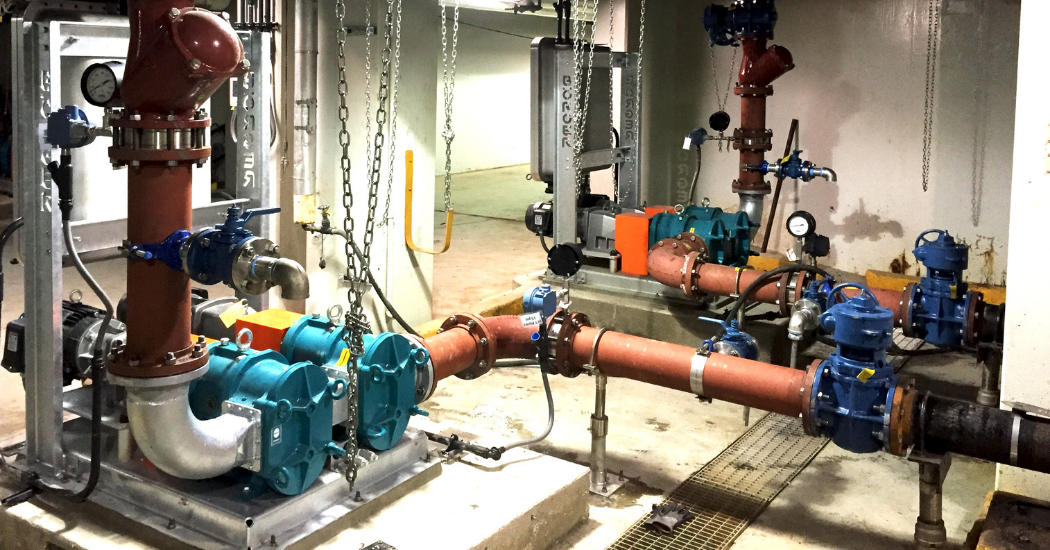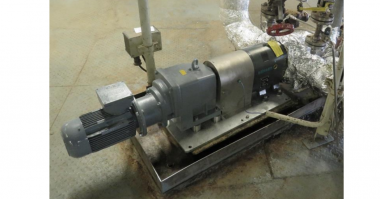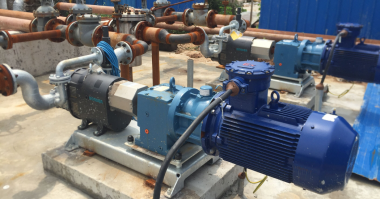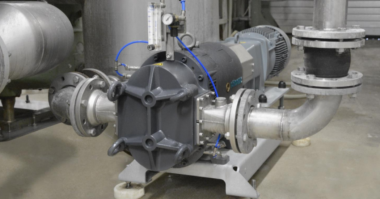The New York City Department of Environmental Protection’s (NYCDEP) Bureau of Wastewater Treatment (BWT) manages the city’s 14 wastewater treatment plants. For thickened sludge applications three types of positive displacement pumps have been used in the NYCDEP wastewater treatment plants: plunger pumps, progressive cavity pumps and rotary lobe pumps. Unfortunately, the rotary lobe pumps used at the NYC treatment plants in the early 1980s had several problems which were costly to maintain and replace. This led the NYCDEP to only use and specify progressive cavity pumps.
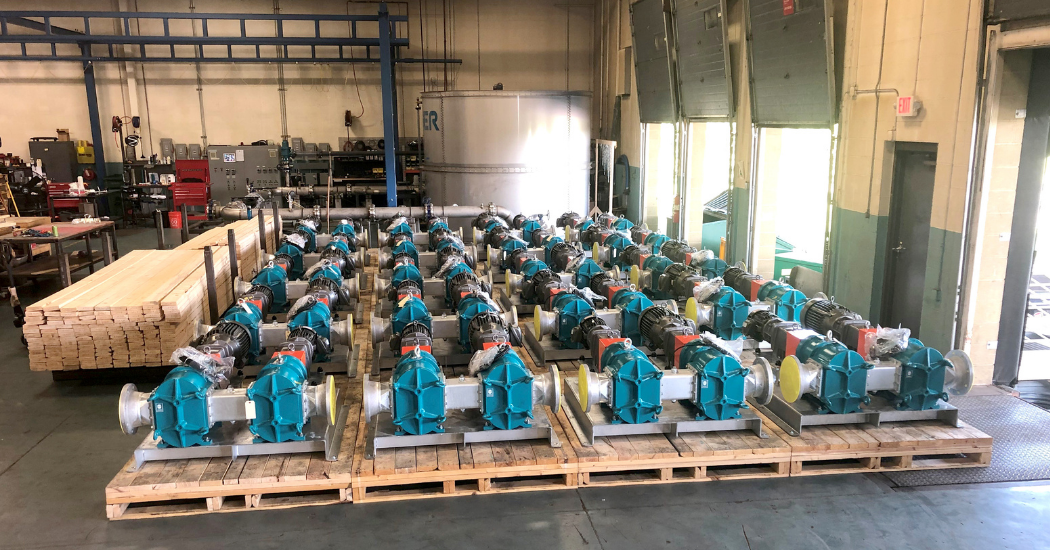
In 2009 Pete Masson, Boerger USA Regional Sales Manager, initiated conversations with the NYCDEP to demonstrate that the Boerger rotary lobe pump was a better solution to the costly and time-consuming repairs of their current progressive cavity pumps.
In 2011, the NYCDEP installed a trial FL 776 rotary lobe pump in combination with a HFL 776 Multicrusher grinder at one of the plants. The pump and grinder were installed as drop-in replacements from other manufacturers.
The FL 776 pump was periodically monitored for flow performance during the trial period. The pump ran consistent without failure in the range of 200 GPM to 210 GPM at about 18 psi. After two years in operation, the FL 776 pump and HFL 776 grinder were opened and inspected for signs of wear or failure of wetted components. The final inspection indicated only minor and superficial wear on the pump lobes, wear plates, and grinder cutter blades. There were no signs of seal failure on the pump or grinder.
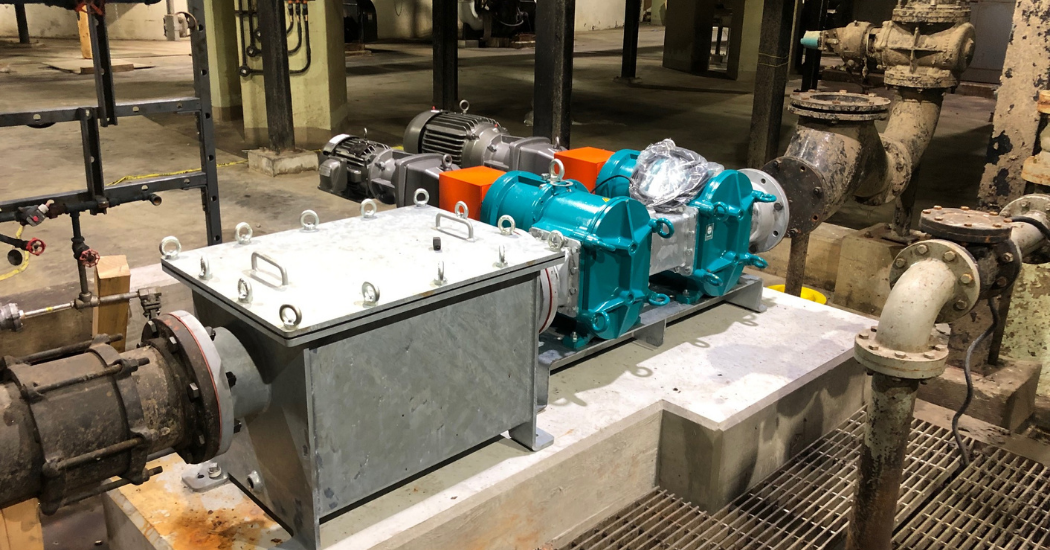
The Boerger FL 776 pump and HFL 776 grinder successfully completed the trial agreement on the thickened sludge application at the WWTP without failure or performance deterioration. This led to the official approval of Boerger, LLC as a vendor for positive displacement and macerating equipment for NYCDEP.
Due to the successful trial, Boerger, LLC was contracted to provide 20 FL 776 rotary lobe pumps and 20 HFL 776 Multicrushers for thickened sludge. The thickened sludge consists of combined degritted primary and secondary sludge with heavy abrasives and fibrous material (including rags and ropes). Design conditions are 50 to 200 GPM at 30 PSI discharge pressure. Solids concentration ranges between 1% and 7% solids and temperatures between 50 and 80 degrees F.

